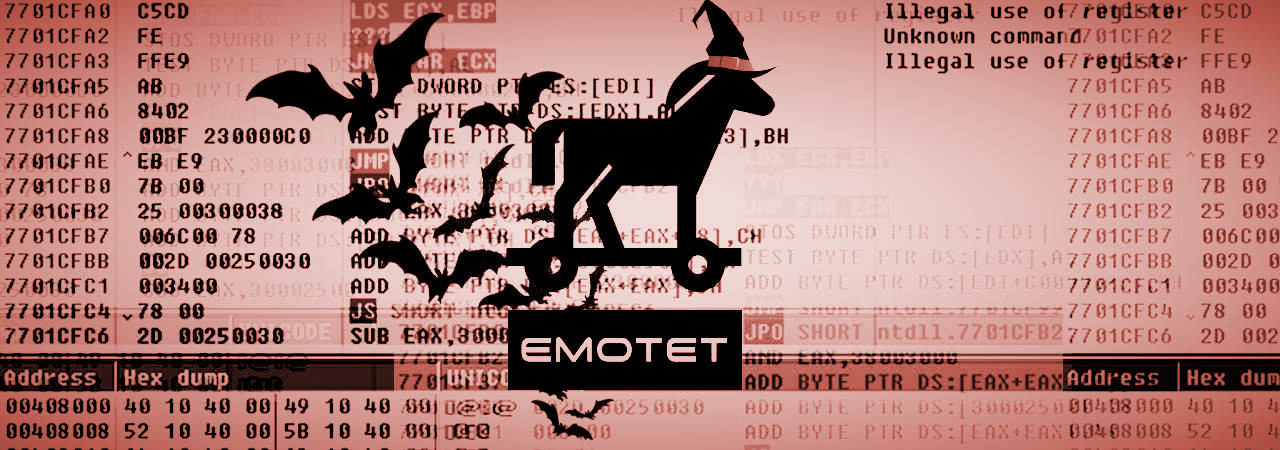From en.secnews.gr

The Wyckoff Heights Medical Center on Brooklyn and the University of Vermont Health Network on Vermont appear to be the latest victims of Ryuk ransomware.
Last week, the government of the USA warned of increased attacks in the healthcare industry in the US.
The same day, CISA issued a public warning about US hospitals and healthcare providers targeted by Ryuk ransomware.




